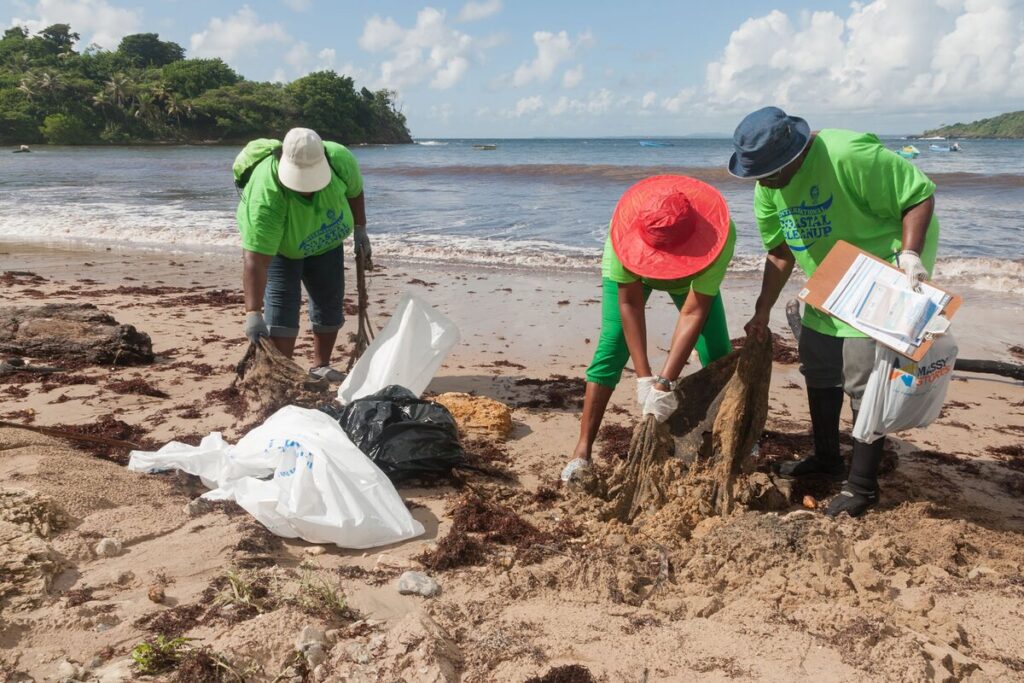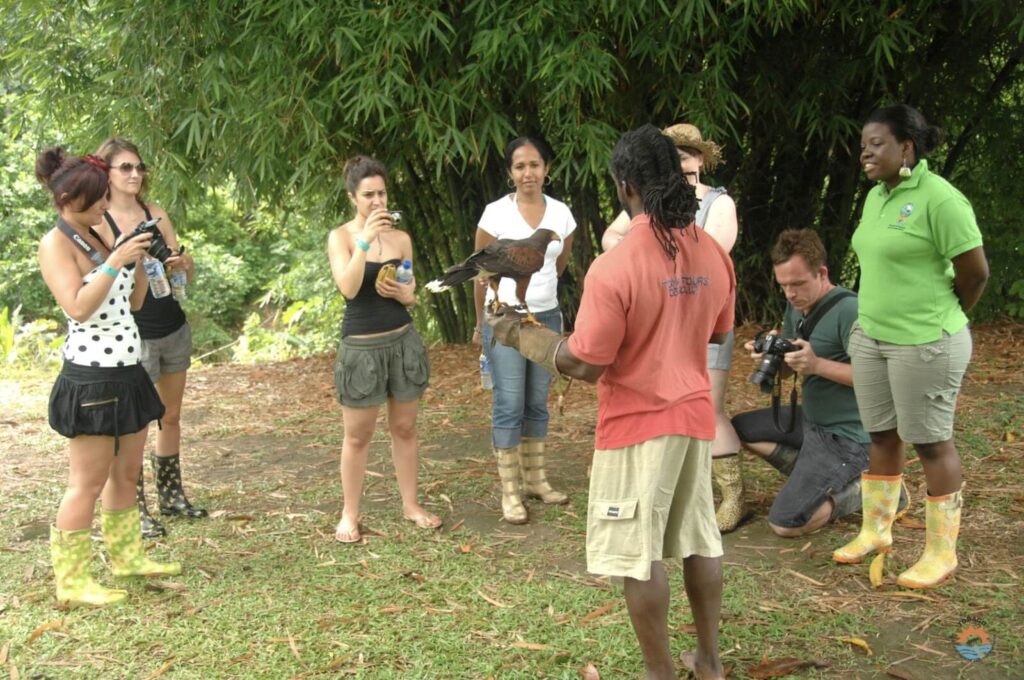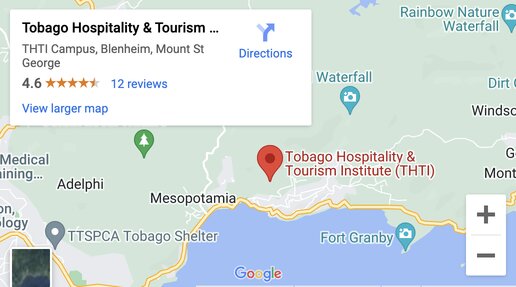How to Be a Smart Tourist: Making the Most of Your Travels Responsibly and Respectfully
- Share this post
Loading Video...
Video credit: TEDx Talks Youtube Channel
Traveling is an enriching experience that broadens our horizons and allows us to immerse ourselves in diverse cultures and landscapes. As tourists, we have the power to make a positive impact on the places we visit, both socially and environmentally. Being a smart tourist means traveling responsibly and respectfully, ensuring that our presence contributes to the well-being of local communities and the preservation of natural wonders. Here are some tips:
1. Research and Plan Ahead
Learn about its culture, customs, and local laws. Understanding the history and traditions of the place you are visiting will not only enrich your experience but also show respect to the local community. Be sure to plan your itinerary carefully to make the most of your time and reduce unnecessary travel, which can have a negative impact on the environment.
2. Support Local Businesses
Opt to support local businesses, such as restaurants, hotels, and souvenir shops, instead of international chains. By doing so, you contribute directly to the local economy and help create job opportunities for residents. Enjoying authentic cuisine and purchasing locally-made souvenirs also adds a unique touch to your trip and supports traditional craftsmanship.






3. Be Mindful of Your Ecological Footprint
Conserve water and energy in your accommodation, and opt for eco-friendly transportation whenever possible. Choose walking, cycling, or public transportation to explore the destination, reducing your carbon emissions and supporting sustainable practices.
4. Respect Local Customs and Traditions
Every destination has its own set of customs and traditions that are deeply rooted in its history and culture. Respect these customs, even if they may seem unfamiliar or different from your own. Dress modestly when visiting religious sites, ask for permission before taking photographs of people, and refrain from engaging in behavior that could be offensive to the local community.
5. Reduce Single-Use Plastics
Plastic pollution is a global issue that affects our oceans and landscapes. As a smart tourist, make a conscious effort to reduce your use of single-use plastics. Bring a reusable water bottle, refuse plastic straws, and carry a reusable bag for your purchases. Participate in beach clean-ups or other local initiatives that aim to combat plastic waste.

Photo Credit: T&TEC/ EAW
6. Engage in Responsible Wildlife Tourism
If your travels include encounters with wildlife, ensure that these interactions are responsible and ethical. Avoid supporting attractions that exploit animals for entertainment purposes or engage in harmful practices. Instead, opt for reputable wildlife sanctuaries and tour operators that prioritize the well-being and conservation of animals.

7. Be Mindful of Over-Tourism
Some popular destinations are struggling with over-tourism such as Tobago’s coral reefs, which can lead to environmental degradation and strain on local resources. Consider visiting less-crowded areas or traveling during the off-peak season to alleviate the pressure on these locations. Always practice the “Leave No Trace” principle.
8. Engage in Community-Based Tourism
Look for opportunities to engage in community-based tourism, where you can interact with local communities, learn about their way of life, and support their sustainable development initiatives. This type of tourism fosters cultural exchange and empowers local residents to benefit from tourism in a meaningful way.
Being a smart tourist is about embracing the joy of travel while being responsible and respectful to the places and people you encounter. By making conscious choices and adopting sustainable practices, you can ensure that your travels leave a positive impact and contribute to the well-being of our planet and its inhabitants.
Let’s explore the world with open hearts and mindful steps, making each journey an unforgettable experience for both ourselves and the destinations we visit.
- Share this post
Upcoming Events:
Related Posts:
More You Might Like
Upcoming Short Courses:
- Lecturer: Ms Candy Manswell Lewis
- Face to Face
- 24 hours
- Coming Soon
- Lecturer: Lisa Jessamy
- Online Classes
- 6 hours
- Short Courses
- Lecturer: Chef Vergiss Lovelace
- Face to Face
- 36 hours
- Short Courses
- Lecturer: Riyadh Mohammed
- Online Classes
- 6 hours
- Short Courses
- Lecturer: William Trim
- Face to Face
- 48 hours
- Short Courses
Upcoming Courses:
- Lecturer: Chef Sonia Phillip
- Face to Face
- 48 hours
- Short Courses
- Lecturer: Chef Kwesi Selvon
- Online Classes, Face to Face
- 36 hours
- Short Courses
- Lecturer: Chef Kwesi Selvon
- Face to Face
- 36 hours
- Short Courses
- Lecturer: William Trim
- Face to Face
- 48 hours
- Short Courses
- Lecturer: Raakesh Madoo
- Online Classes, Face to Face
- 30 hours
- Short Courses





















